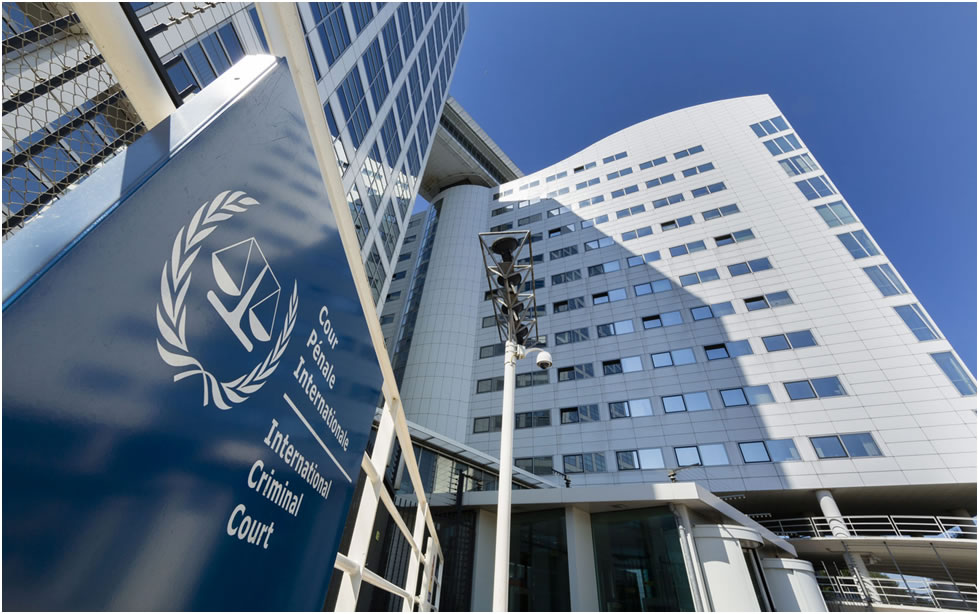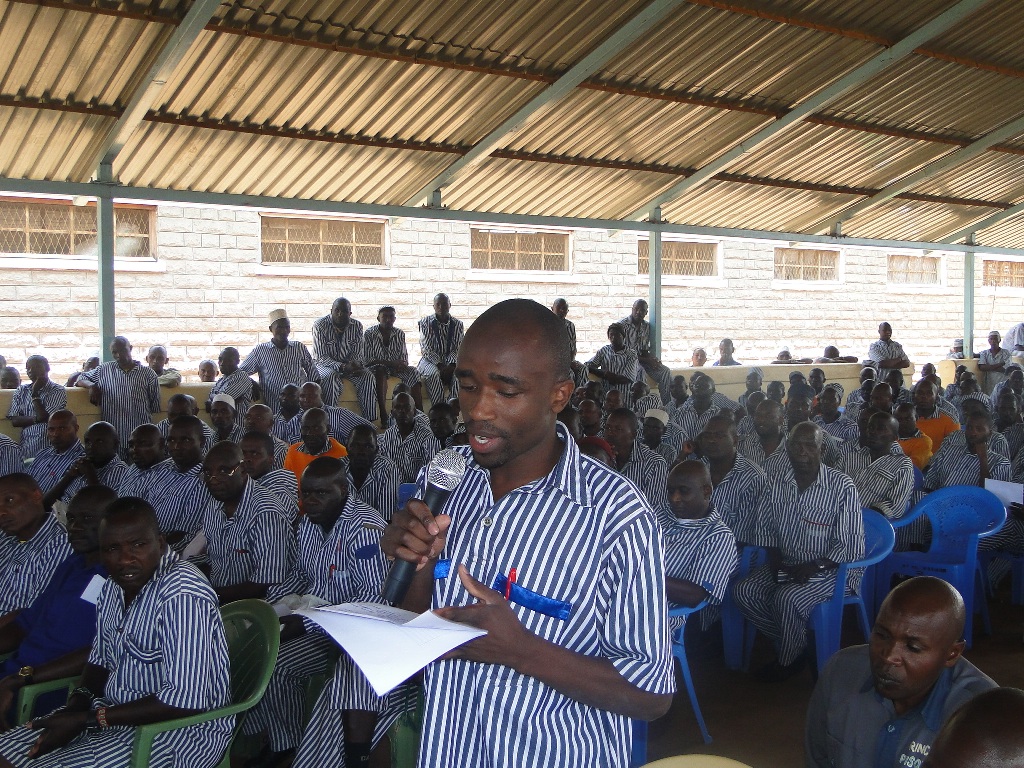ICJ Kenya strongly oppose any withdrawal by Burundi from the Rome Statute which establishes the International Criminal Court (ICC) to protect democracy, justice, and human and victims’ rights advances in the country.
On 12th October 2016, Burundi’s Parliament overwhelmingly approved a Bill that calls for the country to withdraw from the Rome Statute. The Bill was presented to the Senate and adopted unanimously. All the senators, 39 out of 39 voted in favor of the withdrawal. The Bill now awaits the final signature by President Pierre Nkurunziza.
President Pierre Nkurunziza, who critics accuse of human rights abuses, signed a decree late on Tuesday 18th October 2016 that paves the way for Burundi’s departure from the court. His decision comes at a time when the ICC is conducting preliminary investigations into politically motivated violence in Burundi in which several hundred people died. , and given the ongoing violence, it will be so sad for the country to distance itself from justice mechanisms aimed at promoting justice for victims of atrocity crimes.
Also, Burundi’s withdrawal seems to be inspired by the recent announcement by the ICC Prosecutor that the events in Burundi, giving rise to killing of protestors, will be investigated.
Whilst the push by Burundi to withdraw from the Rome Statute persists, thousands of Burundians continue to die as a result of politically instigated violence. It is evident that domestic mechanisms have failed to provide redress for the victims. A good example is in 2015 when President Nkurunziza won a third term as president,which was considered unconstitutional by many people. The government of Burundi used excessive force to stop the demonstration which ensued, by shooting and arresting a number of the demonstrators, journalists and activists.
The violent protests caught the attention of the world and in April 2016, the ICC prosecutor opened a preliminary examination into the situation in Burundi to determine whether reports of grave international crimes since April 2015 warrant the opening of a full investigation.Burundi signed the Rome Statute on 13 January 1999 and is expected to cooperate fully with the ICC in ensuring that perpetrators of the crimes are prosecuted.
Lest Burundi and the rest of the world forgets, the political history of Burundi is synonymous to violent political transitions, several ethnic conflicts, genocides, and civil wars since the 1970.An eleven-year civil war broke out in Burundi in June 1994 and concluded in August 2005. Between 1994 and 2005, numerous rounds of peace negotiations were initiated.
Given the failure by the government of Burundi to stop the violence and commence efforts to seek justice for the victims, the ICC remains a viable solution to bringing peace, justice, stability and the rule of law in that country.
In view of the foregoing ICJ-Kenya therefore;
- Urges president Pierre Nkurunziza and Burundian Parliament to reconsider the bid to withdraw from the ICC;
- Demands that the government of Burundi conductscredible investigations into the disappearances, torture, rape and other forms of sexual violence allegedly committed during a conflict between supporters of President Nkurunziza and those who believe that his re‐election in July 2015 for a third term violated the nation’s constitution.
- Urges the government of Burundi to cooperate with the ICC in the event that suspects are indicted by the ICC; and
- The global community to remain vigilant and condemn the ongoing violence in Burundi.
SIGNED
18th October 2016
Samwel Mohochi
EXECUTIVE DIRECTOR










